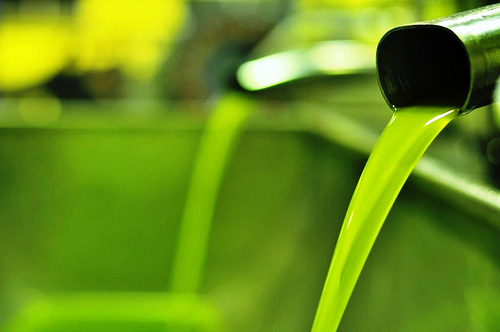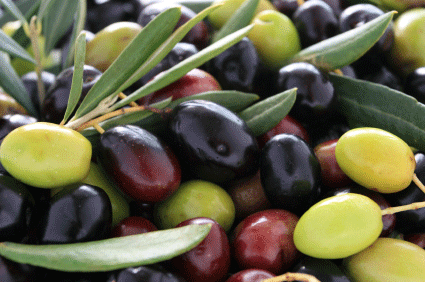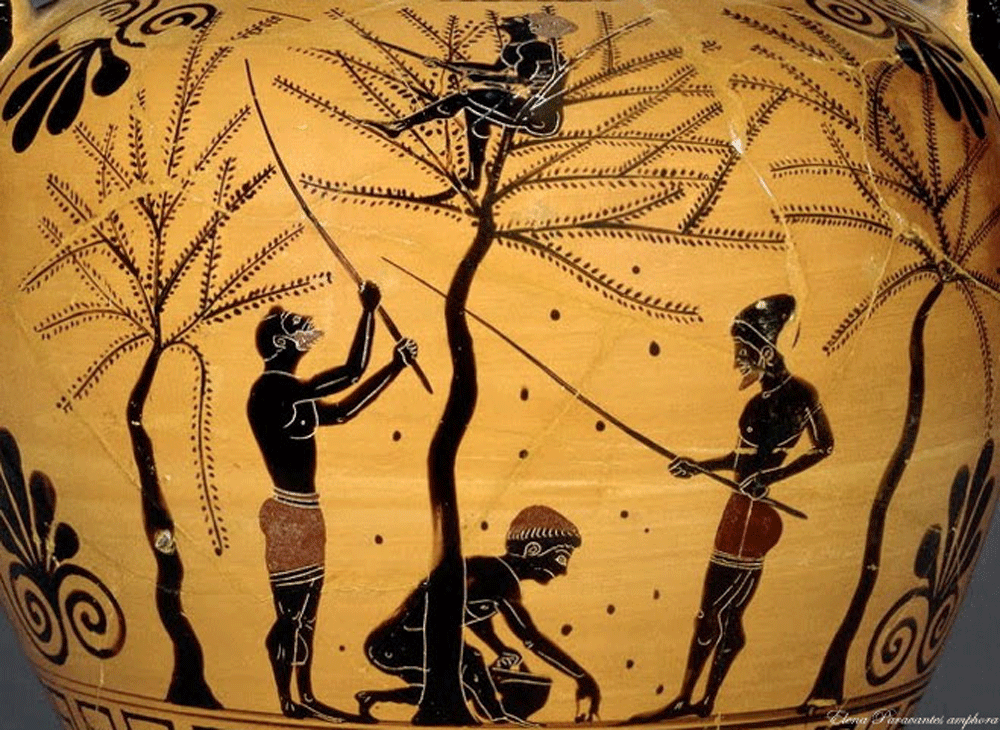Production
Integrated Management in Agricultural Production includes management systems for crops aiming at the optimization of influx and outflow so as to achieve the production of high-quality affordable products both for the farmer and the consumer while preserving and upgrading the natural environment.
The advantages of the application of the Integrated Management Systems are:
- The reduction of the cost of production due to the rational use of influx
- The protection of health of both growers and consumers
- The preservation of the natural environment
- The production of agricultural productsof high quality and safety, satisfying the demands of the market

The group of growers of K.Agianni Pierias, taking into consideration the importance of the application of Integrated Management in the cultivation of olive trees, is certified according to the requirements of GLOPAL GAP from the beginning of the growing season.



